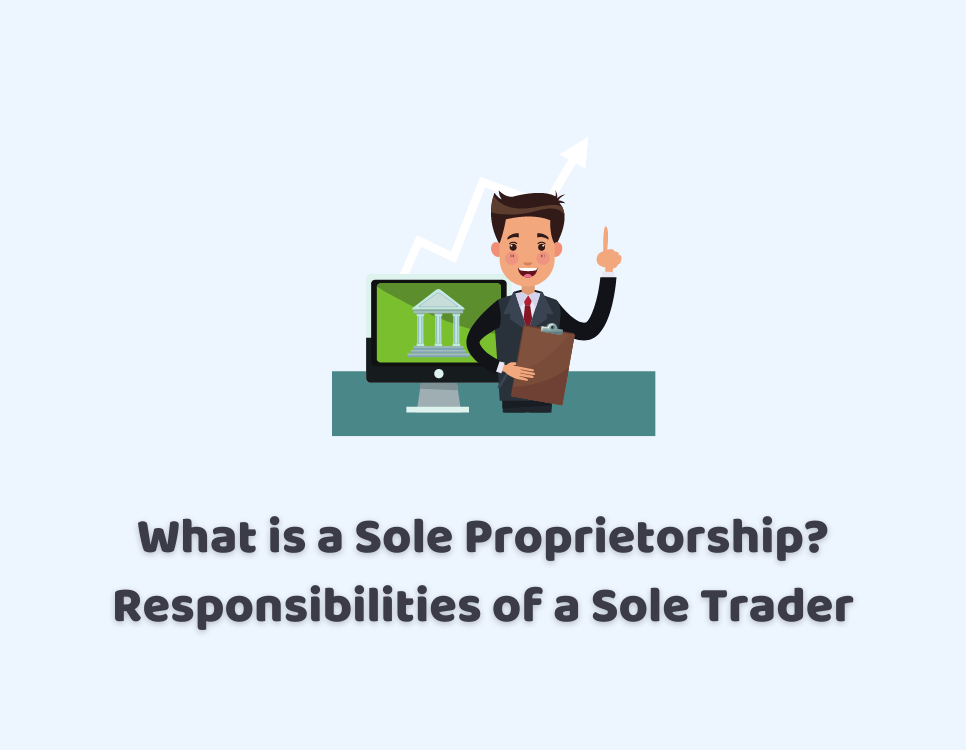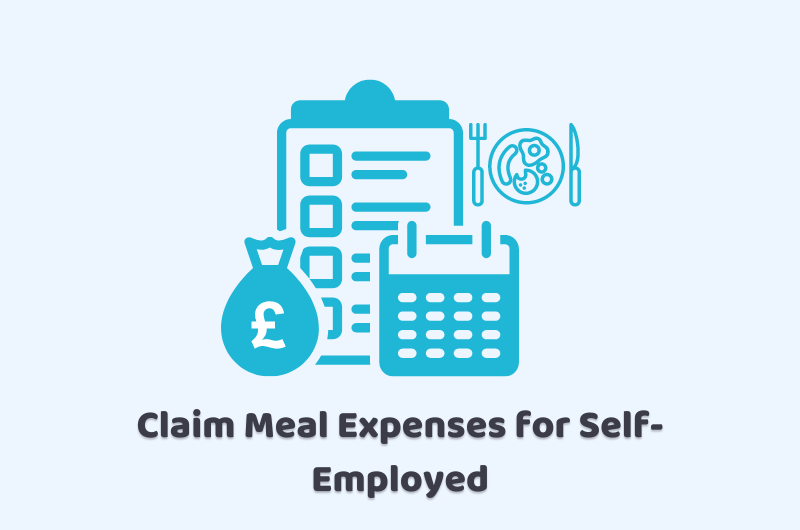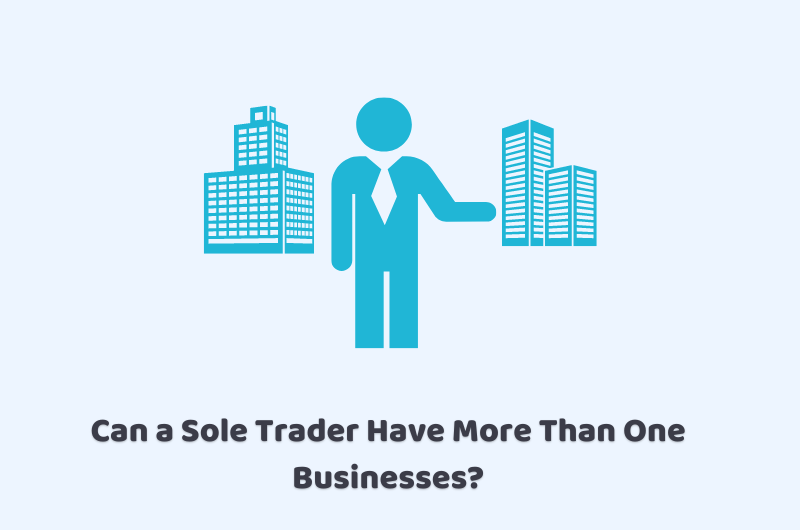
30/07/2021Business , Sole Proprietorship , Sole Trader
If you are fed up with working under someone else and want to be your own boss, you should turn to a sole proprietorship. Although there are different kinds of business structures to choose from but sole proprietorship is the one that needs less hassle and paperwork to establish. So, in this post, we’re going to explore what is a sole proprietorship and what are the responsibilities of the sole trader.
A sole proprietorship is a basic business structure where you get work freedom and you have total control over your business affairs. Here you are totally responsible for the success and failure of the business. Though the downside of this structure is you and your business are taken as a single entity where you’re liable for all the business debt. However, here you keep all your income/profit yourself.
We’re providing complete accounting and taxation package for Sole Traders only at £25 a month and you can make your own custom package here. Get an instant quote right now!
What is a Sole Proprietorship?
It is the simplest form of business structure where, usually, the business is owned and operated by a single individual. Here the owner and business are considered the same. A sole proprietorship is straightforward to establish as there are no legal formalities and a lot of administration involved to run a business.
What Defines a Sole Trader?
If your earning is over £1,000 as a self-employed worker in a tax year, you can register your business as a sole trader with HMRC. For this reason, you can pay Class 2 NICs voluntarily to get access to government benefits. To establish your business as a sole trader, you don’t need to register at Companies House and there is not resignation fee.
In addition, you don’t need to have directors, shareholders or partners to handle. As you are yourself the director or owner of your business. But as a sole trader, you need to follow regulations and meet your liabilities.
Sole tradership is not only concerned with trade, it also includes plumbers, electricians, builders, plumbers and so on. Almost all kinds of freelancers come under the category of a sole proprietorship.
Responsibilities of a Sole Trader
Sole traders have a number of legal responsibilities that you need to follow. These include:
1) Choosing a Business Name
As a sole trader, you must choose a business name that is unique and different from others. You also need to use this name on your paperwork like invoices, etc. You can’t put Ltd with your business name. Furthermore, you don’t need to use sensitive works for your business.
2) Register your Business with HMRC
Though you don’t need to register your business at Companies House, however, you need to register it with HMRC. As you need to pay your income tax through a self-assessment system. By doing it, you can send your annual self-assessment tax return to HMRC to informal your business earnings and expenses and calculate your tax accordingly. Alongside, you can also pay your Class 2 NIC through the tax return.
You can register your business with HMRC through the help of these three ways:
- Fill out an online form via HMRC
- print off the form and fill it in, and send it to the address on the form
- telephone HMRC on 0300 200 3310.
3) Keep Accurate Records
You need to keep business records as evidence for your business. As HMRC may require the details of your business sales, income, expenses, etc. It also includes bank receipts, invoices, bank statements, cheques, and slips. In addition, you also need to have PAYE records if you have employees and VAT records if you are a VAT registered business.
Managing records and keeping track of everything can be daunting and time-consuming. Therefore, you need to talk to our accountants to sort out everything.
Quick Sum Up
So, you have got enough information on what is a sole proprietorship and what are the responsibilities of the sole trader. A lot of business owners might feel it difficult to manage everything while running their business. For this reason, we are there to make everything easy for you. Whether it’s record-keeping, financial management, tax return or dealing with HMRC, we can do all for you at an affordable rate. So that you can focus more on your business for its success.
Therefore, look no further other than CruseBurke. We have a team of expert bookkeepers and accountants for your assistance. Don’t hesitate to get in touch with us.
Get an instant quote right away!
Disclaimer: This blog provides basic information on sole proprietorship.



